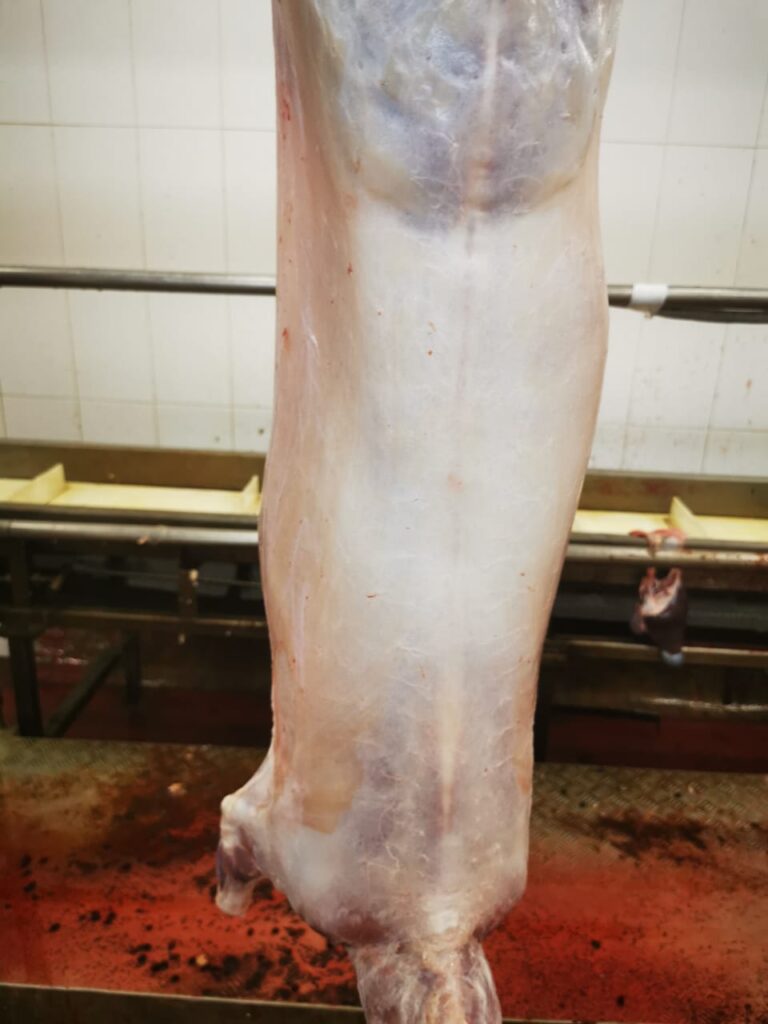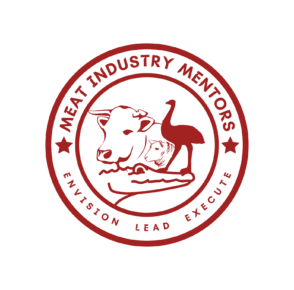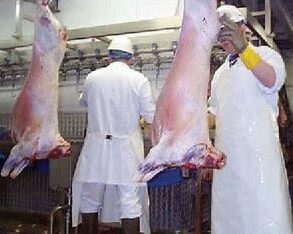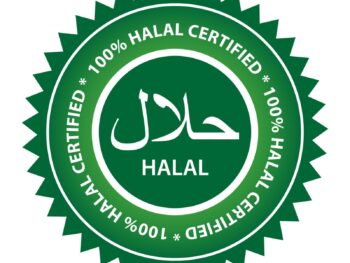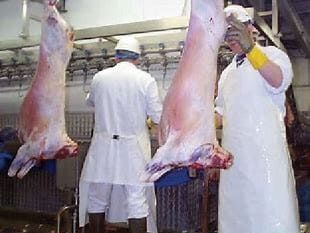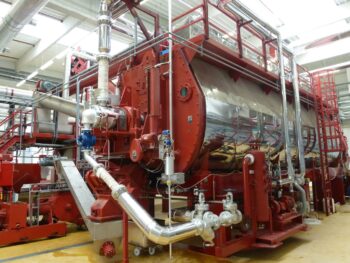In order for an animal to be deemed suitable for slaughter in an export abattoir, there are several essential qualities that must be met. Firstly, the animal should be healthy and free from any diseases that could pose a risk to human health. This ensures that the meat produced is safe for consumption. Additionally, the animal should be of an appropriate age and weight to ensure the quality of the meat meets industry standards. Animals intended for slaughter should also be well-treated and handled in a humane manner throughout the process.
When it comes to slaughtering animals in the halal way, several key principles must be followed. Firstly, the animal must be alive at the time of slaughter and should be killed by a single swift cut to the throat, cutting the carotid artery, jugular vein, and windpipe. This method is believed to be the most humane way of slaughtering animals in Islam. It is also important that the person conducting the slaughter is a practicing Muslim who recites a blessing before starting the process, ensuring that the meat is considered halal or permissible for consumption according to Islamic dietary laws.
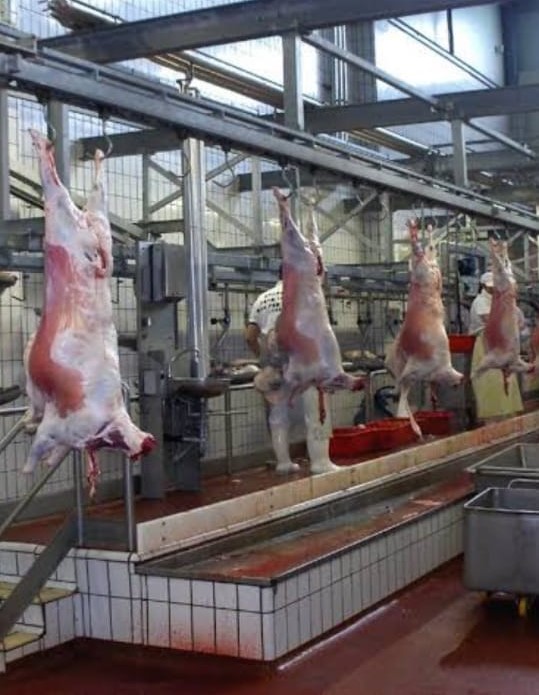
Aside from the actual act of slaughtering the animal, there are other important aspects related to the slaughtering process in an export abattoir. These include proper handling and transportation of the animals to minimize stress and ensure their welfare. The facilities should also be designed to comply with animal welfare standards and hygiene regulations to ensure the meat is safe for consumption. Additionally, the slaughtering process should be carried out by trained professionals who follow strict protocols to maintain food safety and quality standards throughout the process.
When a meat inspector, whether male or female, conducts an inspection of meat for grading and export purposes, they are responsible for ensuring that the meat is safe for consumption and meets specified standards.
Here are some key aspects that the inspector may need to consider during the inspection:
- Visual Inspection: The inspector will visually examine the carcass for any abnormalities, such as bruises, lesions, or discoloration, which could indicate disease or poor handling.
- Smell Test: The inspector may also use their sense of smell to detect any unusual odors that could indicate spoilage or contamination.
- Palpation: By feeling the texture of the meat and checking for any abnormalities in the texture or firmness, the inspector can detect potential issues such as tumors or abscesses.
- Consideration of Disease: The meat inspector must be knowledgeable about common diseases that can affect livestock, such as bovine tuberculosis or brucellosis, and look for signs of these diseases during the inspection.
- Proper Handling and Storage: Ensuring that the meat has been properly handled and stored is crucial to prevent contamination and the spread of disease. The inspector will check that the meat has been stored at the correct temperature and that cross-contamination has been avoided.
- Grading Criteria: The inspector will also assess the quality of the meat based on predetermined grading criteria, which may include factors such as marbling, color, and texture.
- Documentation and Record-Keeping: The inspector will maintain detailed records of their findings and observations throughout the inspection process to ensure traceability and compliance with regulations.
By thoroughly examining the meat and considering a range of factors related to disease prevention and quality standards, the meat inspector plays a critical role in certifying that the meat is safe for consumption and meets the necessary requirements for grading and export.
